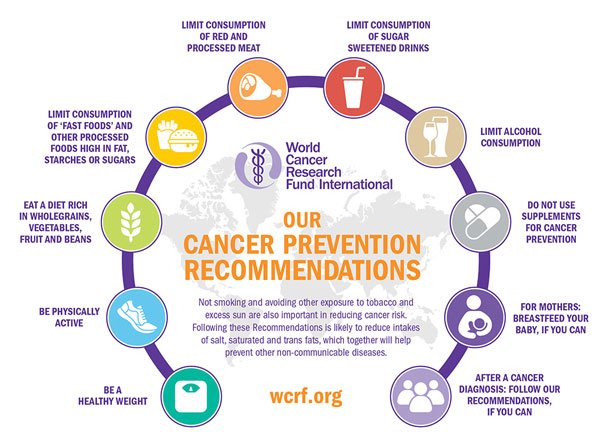UP TO DATE INFORMATION AND NEWS RELATED TO CANCER RESEARCH AND TREATMENT FOR CANCER PATIENTS AND COMMUNITY.
TRANSLATE
Tuesday, 5 June 2018
Monday, 4 June 2018
A new cancer care dilemma: Patients want immunotherapy even when evidence is lacking
Immunotherapy
is a source of great hope in cancer care. It has rescued some patients from the
brink, while giving others a reason to believe that they, too, could beat the
long odds.
But these
therapies are also creating a vexing dilemma for doctors: Their patients,
citing television add and media accounts of miraculous recoveries, are pushing
hard to try them, even when there is little to no evidence the drugs will work
for their particular cancer.
Doctors want
to give their patients every shot at survival, but can they justify prescribing
a drug when it hasn’t been tested for that patient’s type of cancer? Many of
these treatments bring risks of painful — even life-threatening— side effects
and carry total price tags pushing $1 million. In some cases, insurers won’t
pay.
https://www.statnews.com/2018/06/04/cancer-care-dilemma-immunotherapy/
Friday, 1 June 2018
Systematic review and meta-analysis confirm evidence for oral nutritional intervention on nutritional and clinical outcomes during chemo(radio)therapy
Cancer-related malnutrition frequently develops, with
prevalence ranging from 30% to 90% depending on tumor site, stage of disease
and treatment. Major causes are cancer-induced metabolic alterations and/or
cancer-induced symptoms (e.g. anorexia, nausea, pain) resulting in decreased
food intake. Malnutrition can be exacerbated by the side-effects of anticancer
drugs such as fatigue, anorexia, altered hedonic input and a wide range of GI
symptoms, and/or by physical inactivity resulting from physical and
psychosocial distress, which may lead to further loss of muscle mass.
Malnutrition impairs tolerance to anticancer treatments including chemotherapy
and is associated with decreased response to treatment, decreased quality of
life (QoL) and shorter survival
Driven by reduced intake and metabolic alterations,
cancer-related malnutrition negatively impacts clinical outcomes. A systematic
review suggests an overall positive effect of nutritional interventions during
chemo(radio)therapy on body weight. Subgroup analyses showed effects were
driven by high-protein n-3 PUFA-enriched
oral nutritional supplements (ONS), suggesting the benefit of targeting
metabolic alterations. Dietary counseling and/or high-energy ONS were less
effective, likely due to cumulative caloric deficits despite interventions.
Wednesday, 30 May 2018
The viruses that are most likely to cause cancer in people with HIV are:
- Kaposi sarcoma-associated herpesvirus (KSHV), also known as human herpesvirus 8 (HHV-8), which causes Kaposi sarcoma and some subtypes of lymphoma
- Epstein-Barr virus (EBV), which causes some subtypes of non-Hodgkin and Hodgkin lymphoma
- Human papillomaviruses (HPV), high-risk types of which cause cervical cancer, most anal cancers, and oropharyngeal, penile, vaginal, and vulvar cancer
- Hepatitis B virus (HBV) and hepatitis C virus (HCV), which both cause liver cancer
Monday, 28 May 2018
Thursday, 24 May 2018
Tumor Agnostic Immune Checkpoint Inhibitors
Exploring a new era of cancer research at this year’s ASCO event
I am proud to share my last blog for the ASCO 2018 done toguether with Dr Forrest Antony supported by IQVIA. ASCO is the biggest medical congress in cancer which is attended by 30.000+ oncologists all over the world.
https://www.iqvia.com/blogs/2018/05/tumor-agnostic-immune-checkpoint-inhibitorsMonday, 21 May 2018
Subscribe to:
Comments (Atom)




